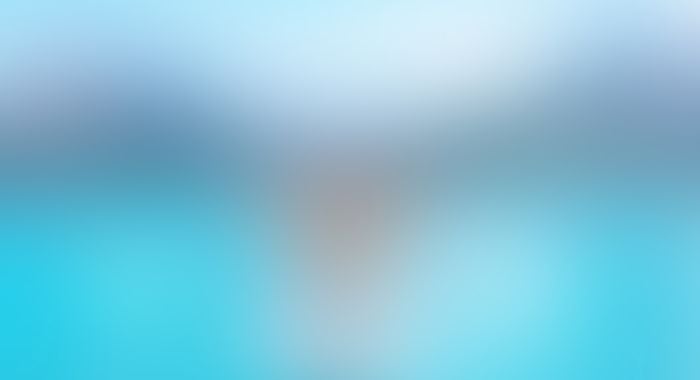When you spend a lot of time with your sibling, it can go either way. On one hand, you become so intertwined with each other’s mannerisms and thoughts that you become an inseparable unit. On the other, there’s constant bickering that, although it seems drastic, will most likely bring you closer together anyway.
For Ronan and Erwan Bouroullec, two Paris-based brothers born in 1971, their brotherhood has tied them together in perfect harmony. Having worked with each other for around two decades, the duo have built an impressive and wide-spanning portfolio filled with impeccable designs, textiles, products, architectural spaces and, of course, office furniture.
Being headhunted by Cappellini in 1997 gave the brothers the leverage to create their first batch of industrial design projects. Since then, they have worked with top international brands that include Artek, Issey Miyake, Alessi, Flos, Hay, Kvadrat, Kartell and Vitra.Exhibitions of their work have been held at London’s Design Museum, the Museum of Contemporary Art in Los Angeles, the Vitra Design Museum and various others, and they were also awarded the Honorary Royal Designer for Industry title by the RSA in 2015.
In short, the brothers’ distinct yet balanced personalities draw these two together, designing and creating functional, flexible pieces for the modern workplace or home. During a discussion with Erwan Bouroullec about their first ventures into design and where it all began, there was a slight pause.
“It’s quite a long time ago,” he laughs, “and it’s been more or less 20 years that we’ve been at the studio here in Paris. But the whole process I think was quite simple for me and Ronan.
“We never worked at any other design studio. The key thing is that we’ve been learning everything by ourselves and it’s given a very special texture to our work from the beginning.”
This self-taught practice is unusual but allowed the brothers to harness their own distinctive style – something that, more often than not, can get lost due to certain high-level influences.
That’s why the Bouroullec studio has this simple ethos: “It’s not good to be experts,” says Erwan Bouroullec. “With everyone we engage into the studio, it is a different type of employment; we don’t employ people who have a huge amount of experience. We are always very happy to have people who don’t know much, and those that are always counter-working by inventing, trying, making and proving something instead of making something that they already know.”
This outlook sparked some slightly critical thoughts about the ways in which mainstream or elitist design is run. “We live in a world in which the industry or practice has lost a little bit of common sense. Not that the industry or practice is wrong, but more that it’s become very specialised, ” he says.
“Sometimes the end product, through its shape, its materials and the way it’s done, loses a bit of common sense because it’s been through an elite level of industry processing,” he explains. “I think design has a lot to do with expressing the ways that it was made or what is was made of. Objects and furniture, they are to be partners for life; they need to be tools and they need to be very clear.”
Channelling these views into practice, agile working and the ability to co-exist with other colleagues are important factors throughout their designs. Erwan Bouroullec likens the office to a small town – “or a small forest” – due to the fact that employees need to be in the open space, but sometimes need somewhere to retreat and concentrate.
Then, when asked whether his designs have a specific purpose, his response is intriguing and establishes the brand as a free-moving and flexible one: “We never think that something is distinctively for the home or office – we think that everything can go anywhere.”
One example where this functional, flexible and mixed-use design comes into play is through the Bouroullecs’ Cassette sofa – a product recently launched in conjunction with Established & Sons at this year’s Salone del Mobile in Milan.
The design is rigid and combines a contemporary design with a structuralist approach, making it a versatile piece that is able to be placed in all kinds of situations. It’s up to the user to decide whether or not it will take a position in an office, or whether it would take pride of place in a living room, communal area, co-working lounge or reception.
The duo unveiled numerous collections and products during the week in Milan – so much so that they were spotted everywhere. Alongside the Cassette, they released the Élémentaire range of plastic chairs for Danish brand Hay. Designed with simplicity and for everyday use, the collection was produced at an affordable price range and is effortlessly beautiful.
Other launches include a selection of highly sculptural, intricate cylindrical vessels and alcoves made from glass for the WonderGlass exhibition. Elegant and oozing craftsmanship, these represent a turn away from the usual designs found in their work. All of which, unsurprisingly, encompass the idea that everything can be used and placed in any situation – adopting flexibility as its muse and brotherhood as its enabler.
